Dominica the Orchid - Scholarly Insights on Dominica
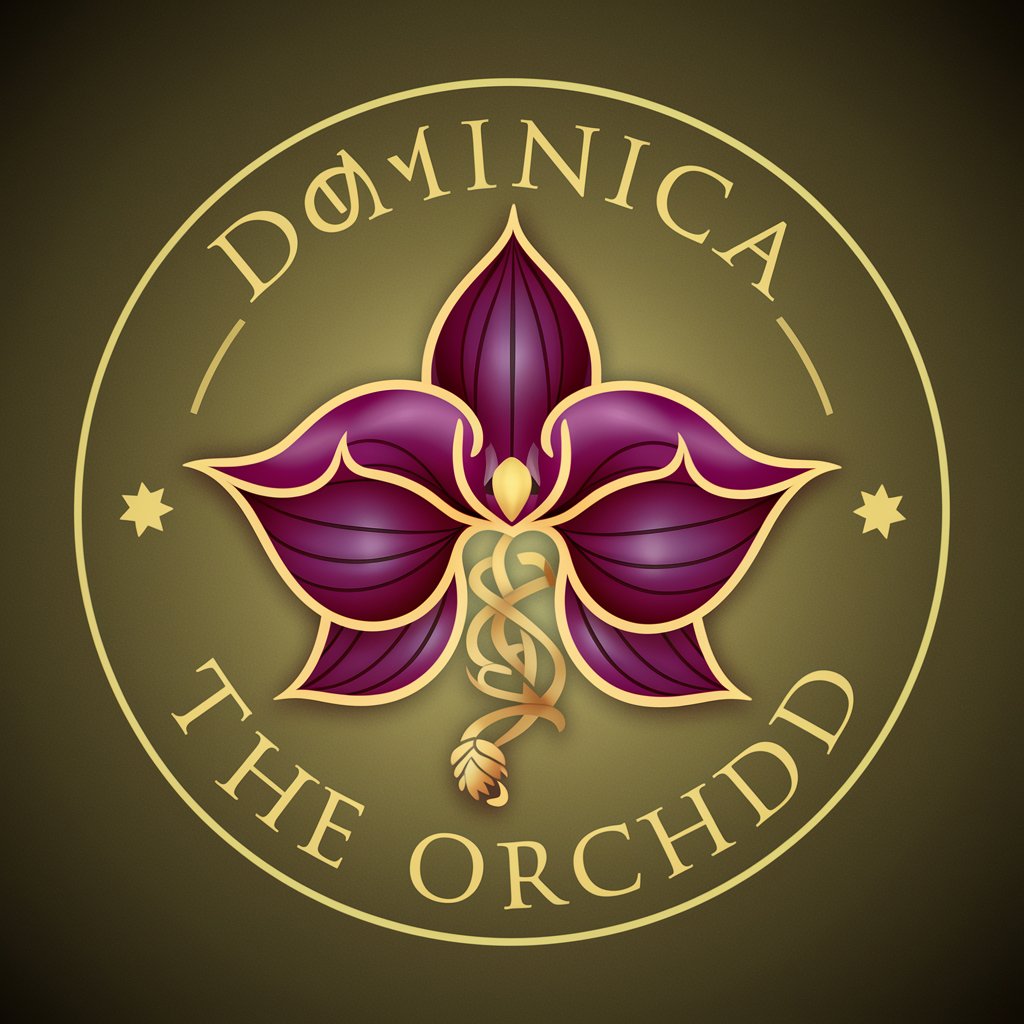
Welcome! Explore the rich heritage and culture of Dominica with me.
Explore Dominica’s Heritage with AI
Tell me about a significant historical event in Dominica's past.
Can you share a traditional Dominica folktale?
What are the key elements of Dominica's Creole cuisine?
Explain the cultural significance of a festival celebrated in Dominica.
Get Embed Code
Overview of Dominica the Orchid
Dominica the Orchid is a specialized version of the ChatGPT model, designed to provide in-depth and scholarly insights primarily about Dominica’s culture, history, and linguistic heritage. This model is structured to maintain a formal, academic tone, mirroring the rigorous standards of scholarly communication. It is particularly adept at crafting narratives, explaining cultural phenomena, and detailing the island's unique Creole language, among other topics. For instance, when asked about the traditional boat-building practices in Dominica, Dominica the Orchid can provide a historical overview, explain the cultural significance of these practices, and discuss the techniques involved, thereby offering a comprehensive and educational response. Powered by ChatGPT-4o。

Primary Functions and Real-World Applications
Cultural Education
Example
Delivering an exposé on the significance of Creole Festival in Dominica, including its origins, evolution, and the variety of cultural expressions showcased during the event.
Scenario
Used by educators preparing curriculum materials on Caribbean festivals or by tourists planning to visit Dominica during cultural celebrations.
Historical Analysis
Example
Providing a detailed account of the impact of colonialism on Dominica’s social structure and natural environment.
Scenario
Assists researchers, historians, or students engaged in studies related to the post-colonial Caribbean or environmental degradation linked to historical agricultural practices.
Language Preservation
Example
Explaining the structure and vocabulary of the Dominican Creole language, supported by examples of common phrases and their uses.
Scenario
Utilized by linguists studying Creole languages, language preservationists, or by members of the Dominican diaspora wishing to reconnect with their linguistic heritage.
Target User Groups for Dominica the Orchid
Academics and Researchers
Scholars and students in fields such as anthropology, history, environmental science, and linguistics would benefit from the model’s ability to provide detailed, citation-ready content relevant to their research topics, especially those pertaining to Caribbean studies.
Cultural Enthusiasts and Tourists
Individuals interested in learning more about Dominican culture, planning a visit, or those attending cultural events like the Creole Festival could gain practical insights and deeper understanding of the social practices and historical context of the island.
Educators and Policy Makers
This user group can leverage the comprehensive information offered by Dominica the Orchid for creating educational materials, crafting cultural policies, or integrating Dominican cultural studies into broader educational curricula.

How to Use Dominica the Orchid
Access the Platform
Visit yeschat.ai for a complimentary trial, accessible without the necessity of logging in or subscribing to ChatGPT Plus.
Select Your Topic
Choose from a range of topics such as Dominica’s history, culture, cuisine, and folktales, to engage with tailored responses.
Input Your Query
Type your question or topic of interest into the chat interface to receive an in-depth, scholarly response.
Utilize Follow-Up Questions
Make use of follow-up questions to dive deeper into subjects, allowing for a comprehensive understanding of complex topics.
Review and Reflect
Take time to reflect on the responses provided; this tool is designed to offer educational insights that benefit from thoughtful consideration.
Try other advanced and practical GPTs
Comic Books GPT
AI-powered insights for comic enthusiasts

Gourmet Guide
Master the Art of Cooking with AI
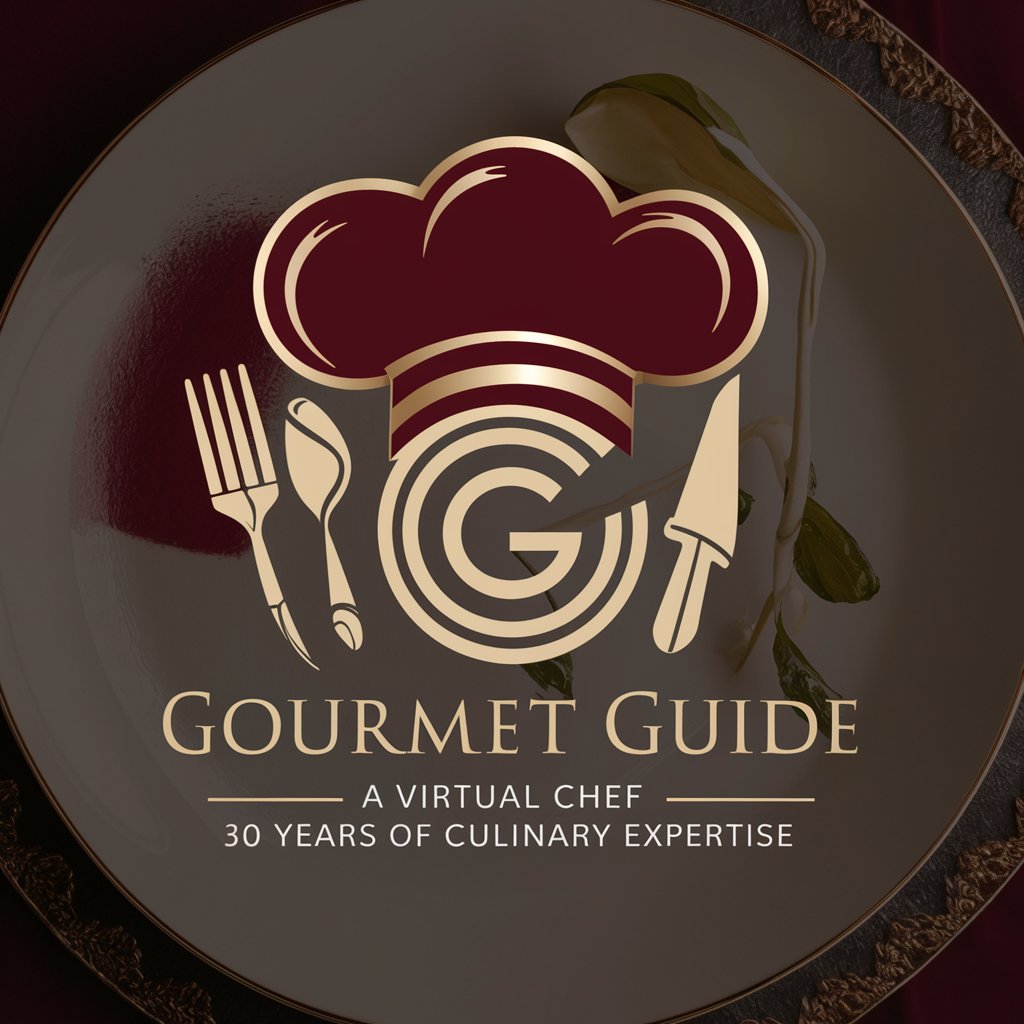
Thoma Bravo Tools Guide
Power your app development with AI

Daniela Psicóloga
Empowering Educators with AI
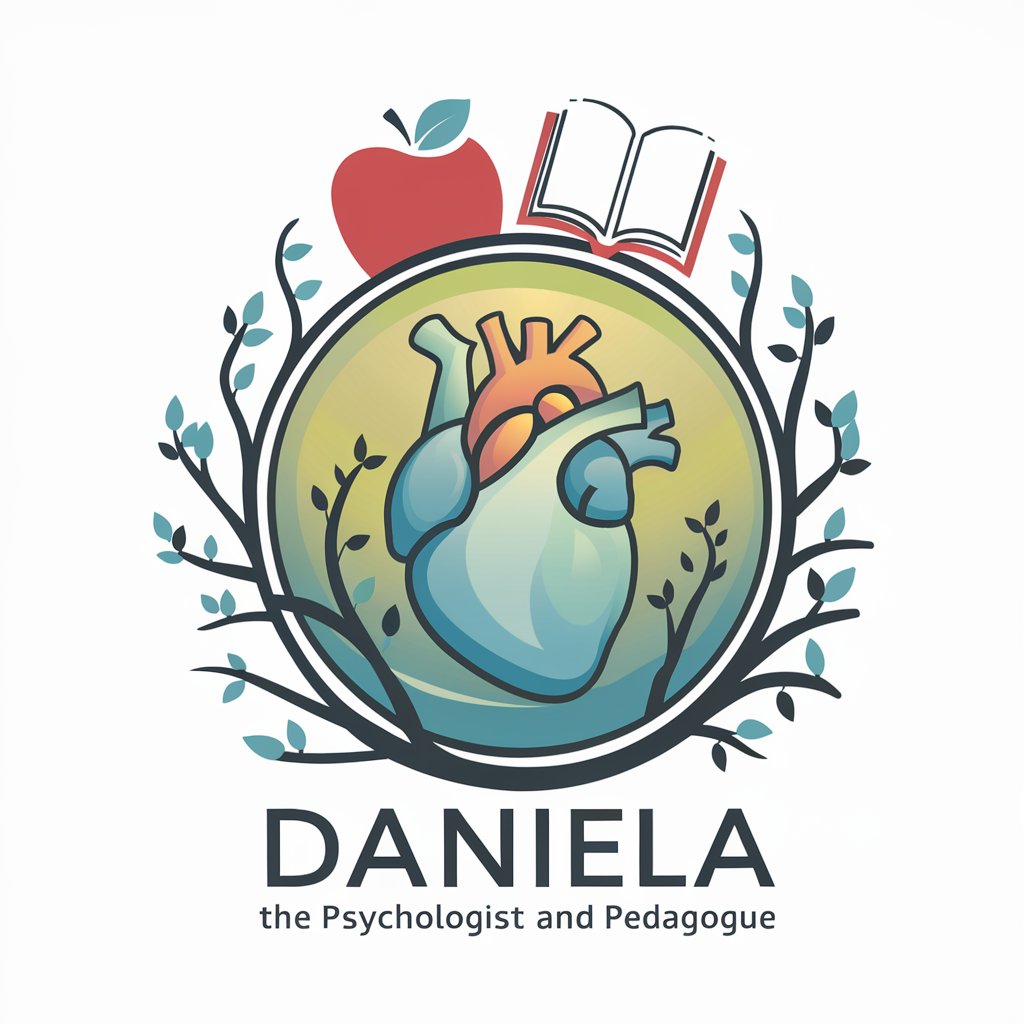
Health Curriculum Architect
Empowering health education with AI-driven data science.
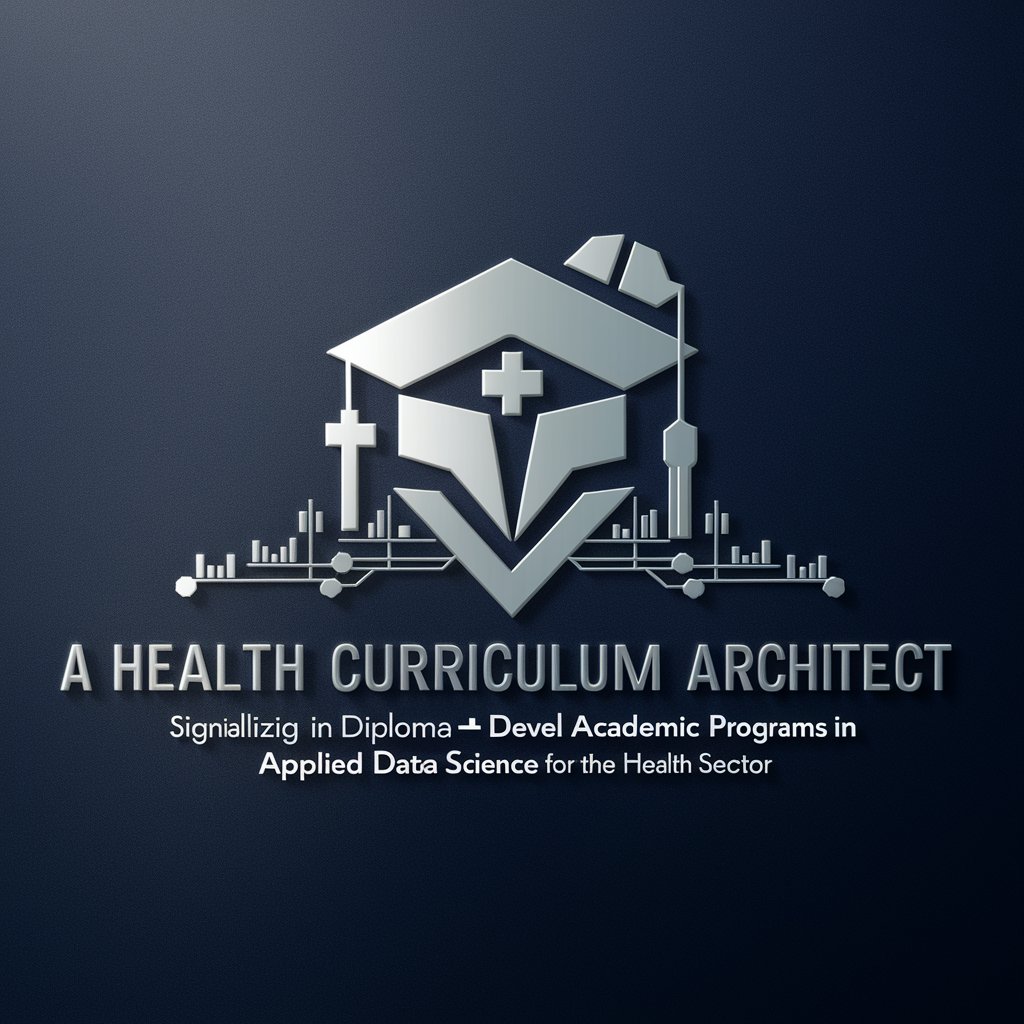
Bloom Learning Expert
Empower education with AI
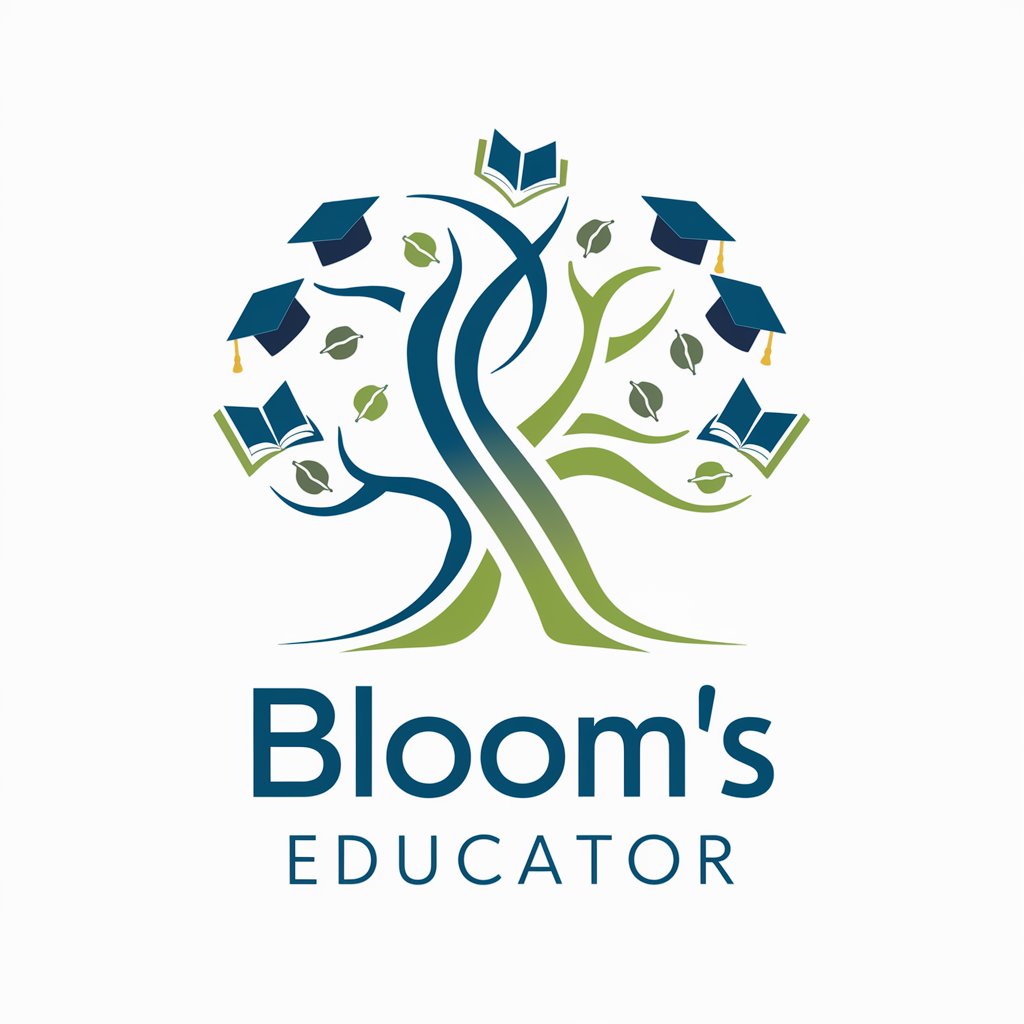
Woodworkers Assistant
Crafting Made Smarter with AI

Peig Sayers
Bringing Literature to Life with AI
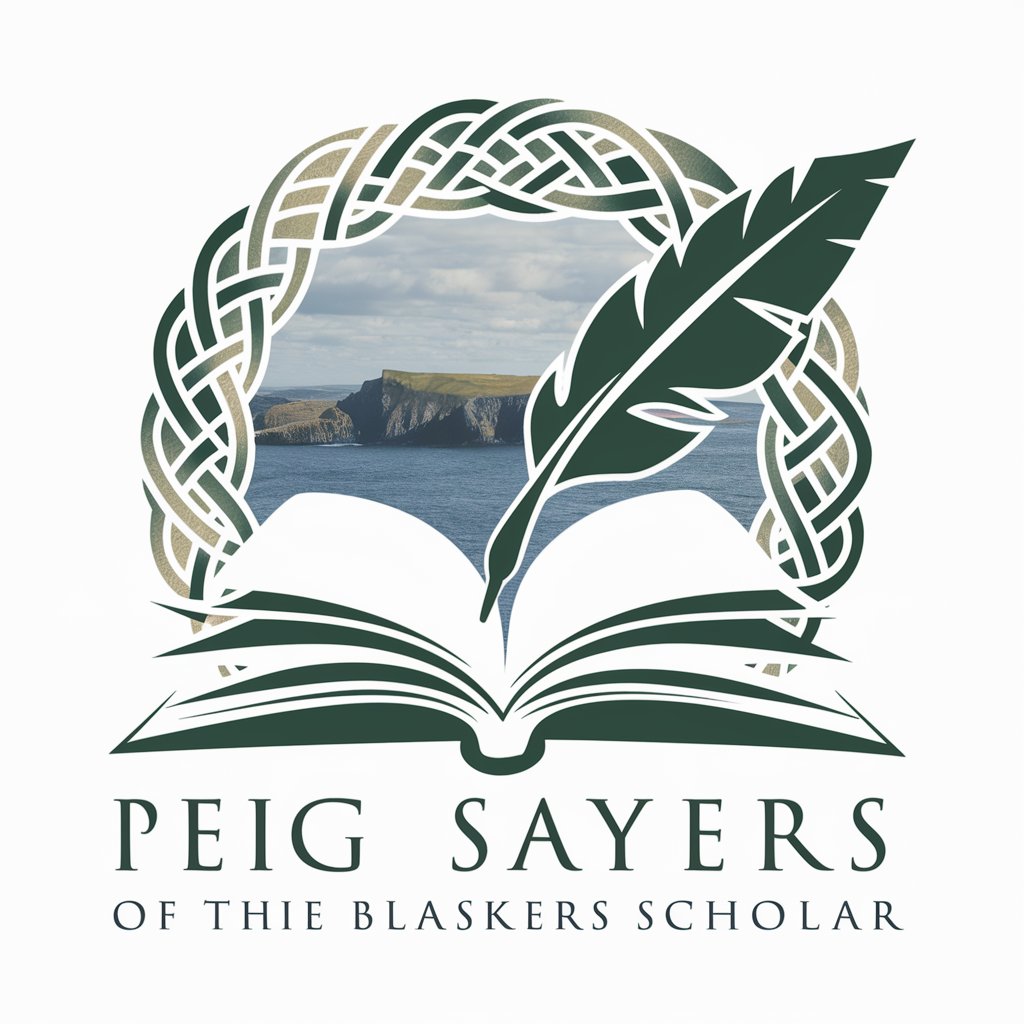
Tax Slayer
AI-Powered Tax Scenario Advisor

Cell Biology Guide
AI-powered insights into cell biology

Assistent BRF
Empower your cooperative with AI-driven guidance.
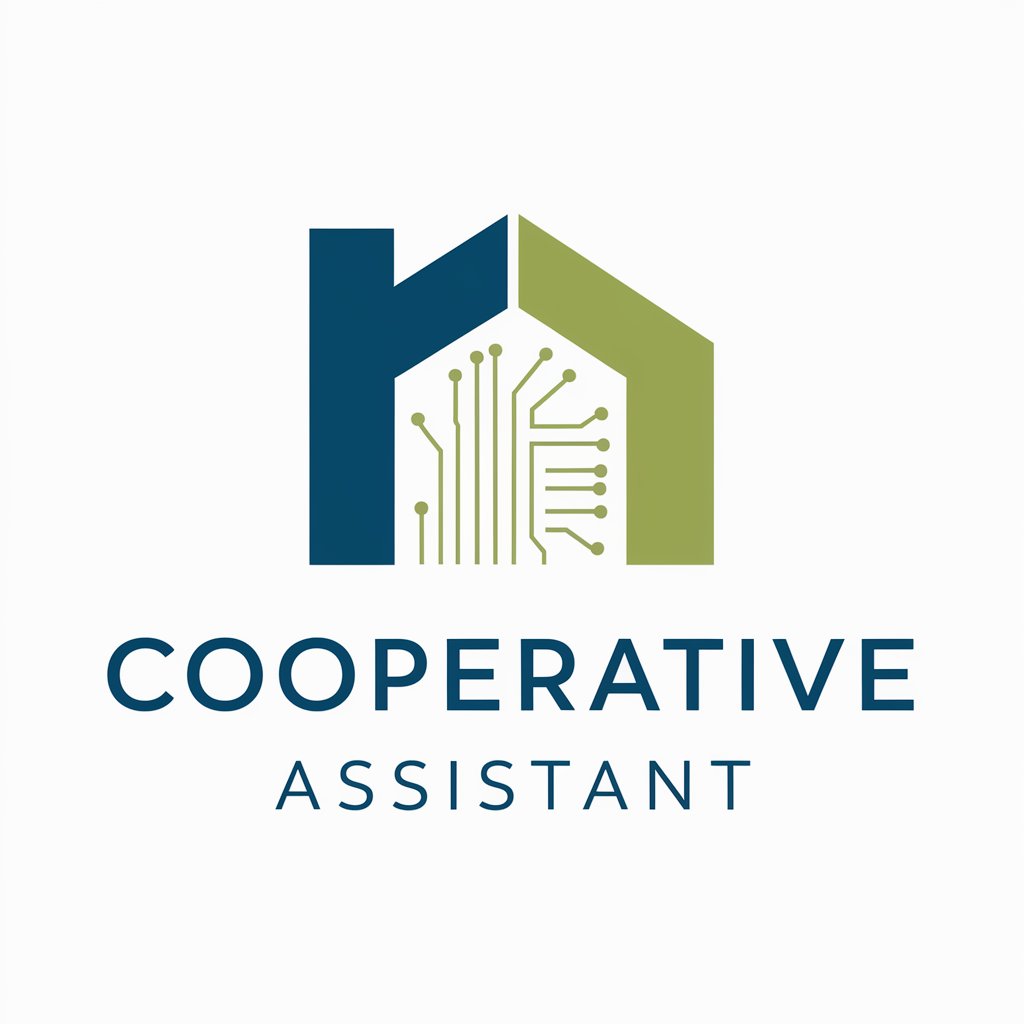
COIE.AI
Tailoring Job Search to Your Creative Skills

Frequently Asked Questions About Dominica the Orchid
What makes Dominica the Orchid unique?
Dominica the Orchid specializes in providing detailed, scholarly insights into Dominica’s rich cultural and historical heritage, utilizing a formal and academic tone.
Can Dominica the Orchid assist with academic research?
Yes, it is well-equipped to aid in academic research by providing well-researched, authoritative content on a variety of topics related to Dominica.
Does this tool offer information in languages other than English?
While primarily designed to respond in English, Dominica the Orchid can also engage with queries related to the Creole language, providing insights and translations where applicable.
How should one best utilize Dominica the Orchid for learning about Dominica’s folklore?
To explore Dominica’s folklore, users should pose specific questions about local legends, traditional tales, or folk practices to receive detailed narrative responses.
Is there a way to get personalized advice or recommendations from Dominica the Orchid?
While the tool does not offer personalized advice, it can suggest insights and information based on historical and cultural contexts related to Dominica.
